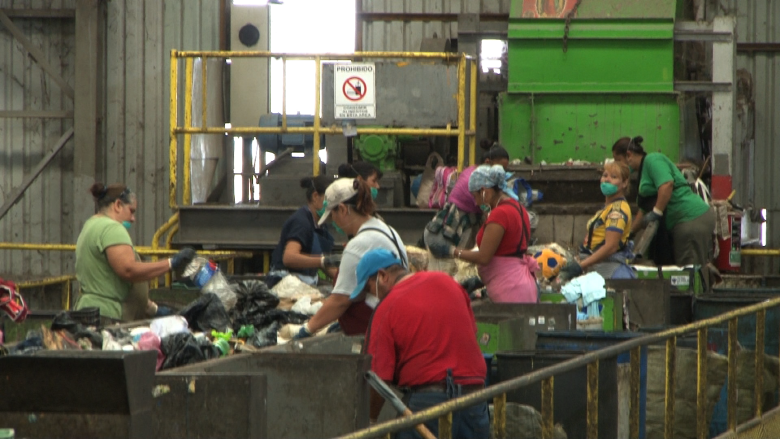Illuminating homes with solid waste, running engines on manure and sun and using bus rapid transit to protect crops? Although it sounds outrageous, these are some simple yet effective solutions to reduce greenhouse gas emissions, which are responsible for the global warming we are currently experiencing.
A new study demonstrates that public policies can significantly contribute to enabling the planet to decrease its carbon footprint by applying these and other measures. And the impact is enormous. The measures would have an effect similar to that of taking 2 billion cars off the roads.
These policies alone would account for 30 percent of the total reduction needed in 2030 to limit global warming to 2°C. If this increase occurs, the world will face unprecedented droughts and heatwaves or devastating floods, among other effects.
But this is not only about temperature. According to the report, “Policies that reduce greenhouse gas emissions and other short-lived climate pollutants can have clear economic, health and other social benefits."
"For example, a policy that encourages more efficient transportation—including fuel efficient vehicles, and effective public transit—will save fuel and time, which improves energy security and labor productivity," it adds.
The study is based on simulation exercises in six areas: the United States, China, the European Union, India, Mexico and Brazil. The goal was to measure the impact of regulations, taxes and incentives to stimulate a shift to clean transport and improved energy efficiency in industries and households.
According to the experts, there are several ways to avoid emissions. These may seem surprising but they are effective and create jobs as well:
1. Illuminate homes with solid waste
It is estimated that if Brazil produced electricity with methane or biogas from all the solid waste it produces, it would create 44,000 jobs and contribute US$ 13.3 billion to GDP in 20 years. Additionally, it could prevent the emission of between 158 and 315 million tons of CO2 over a period of two decades. For example, in Monterrey, Mexico, the energy produced by a landfill is used to run the subway system and provide public lighting.
2. Engines that run on manure and sun
If 90% of the pig and dairy farms in Mexico used biodigesters – tanks where animal feces are stored to capture the methane gas and convert it into electricity – and if nine of every 10 dairy farms used solar energy, electricity demand of the agricultural sector would decline by 11%. Additionally, it would prevent the emission of 103 million tons of polluting gases such as methane by 2030. In Mexico, over 300 farms already have a biodigester.
3. Saving crops by using bus rapid transit
If India built 1,000 kilometers of new bus rapid transit lanes, the benefits would include more than 27,000 lives saved from reduced accidents and air pollution and 128,000 long-term jobs created. Reduced emissions would also save some 28,000 tons of food over 20 years.
More than 50 Latin American cities already have bus rapid transit systems, such as Metrobús in Mexico and Transmilenio in Bogota. Some systems even use compressed natural gas, which is less polluting than diesel fuel. It is also the region with the largest number of passengers transported by this system: six of every 10 people choose this mode of transportation, a total of 19 million passengers daily.
4. Cooking food without dying
Many people around the world still use charcoal or logs for cooking, which pollutes the air and damages the health of those near the cookstove. Distributing 70 million cleaner cookstoves in China would mean an economic benefit of US$11 billion, and in 20 years, 1 million lives would be saved by the reduction in indoor air pollution. More efficient, cleaner cookstoves would also greatly reduce premature deaths, according to the report.
Household smoke causes 5,000 deaths annually in Guatemala, where many people still cook over an open fire and 37,000 in Central America as a whole, according to the World Health Organization. A recent World Bank-supported initiative in the region is promoting the use of cookstoves that use less wood and that have a chimney to expel the smoke outside.

